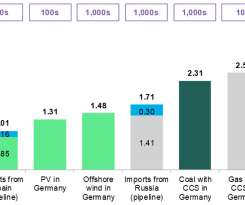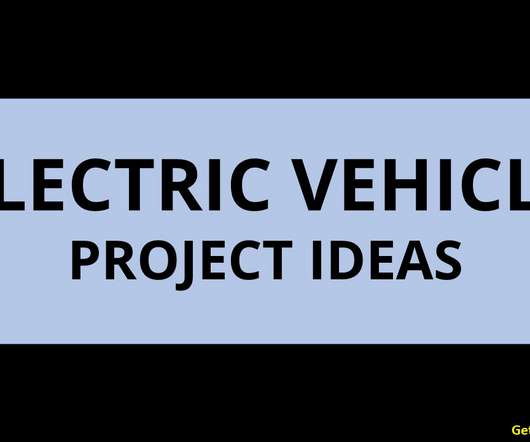BNEF, Snam, IGU report finds global gas industry set to resume growth post-pandemic; low-carbon technologies for long-term growth
Green Car Congress
AUGUST 7, 2020
However, the resulting low gas prices, as well as clean air and climate policies, will promote further switching to gas from other more polluting energy sources, such as oil and coal. The development of an international hydrogen market could also accelerate adoption. —Ashish Sethia, global head of commodities at BNEF.






















Let's personalize your content